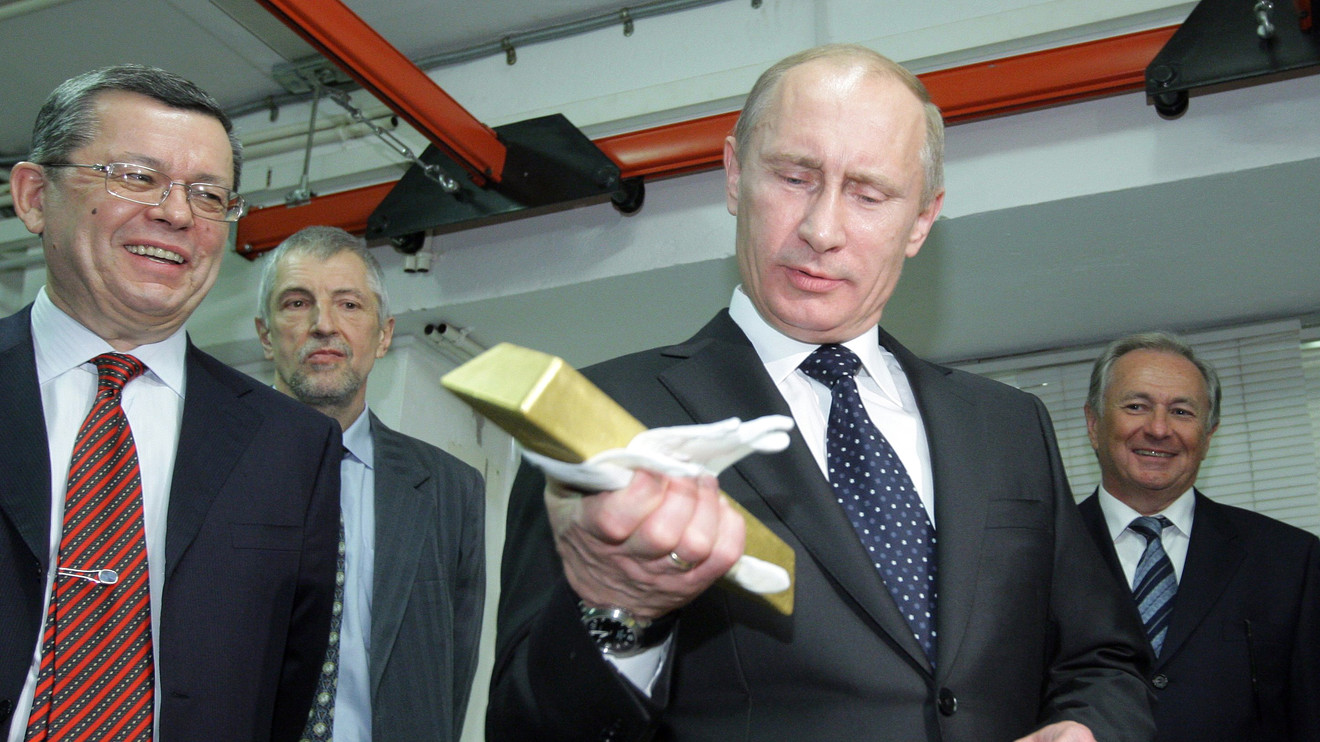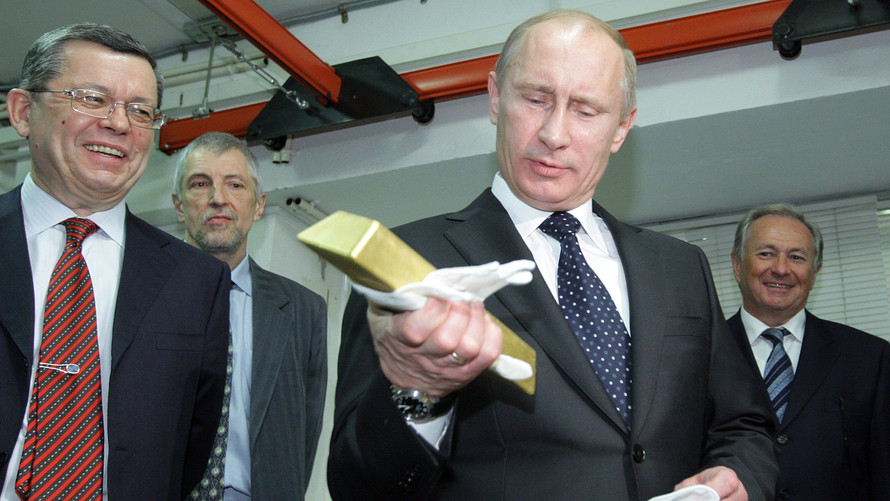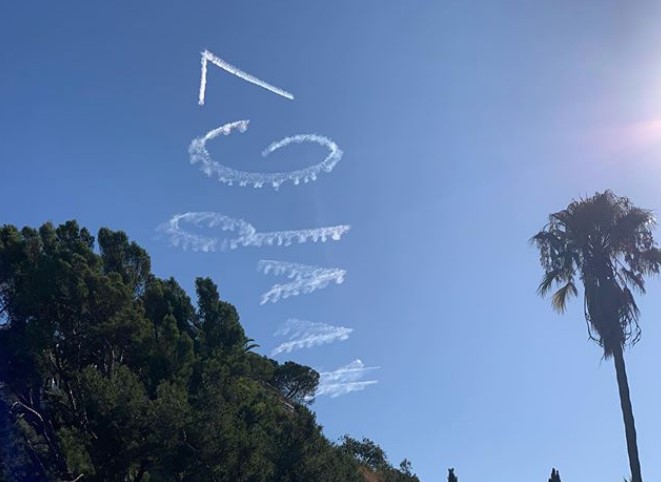We invite you to participate in the agricultural conference "GrainRu'19" on current issues of the grain market in the south of Russia and the management of grain terminals as part of the logistics forum "River Transport of Russia" on November 7 in Rostov-on-Don. Речные перевозки России 2019, 7 ноября, Ростов-на-Дону

Putin votes at Moscow City Duma election
Russian President traditionally votes at this polling station number 2151
Putin traditionally votes at this polling station number 2151. Previously, Putin cast his vote there at the presidential election in 2000, 2004, 2008, 2012 and 2018.
On September 8 - a single voting day, Russian citizens elect heads of federal subjects and members of legislatures, city mayors and members of city councils, as well as representative bodies, municipalities. Besides, by-elections to the State Duma (lower house of parliament) are held.
Moscow citizens will cast their votes for members of the Moscow City Duma. The elections to the city parliament are held in 45 single-seat constituencies, and three of them will have online voting. Some 7.3 mln voters are eligible to vote in Moscow. The polling stations opened at 8 a.m. and will close at 8 p.m.

Russia-China trade grows 4.5% in first 8 months of 2019 to over $70 bln
In July, trade turnover between the two countries reached $9.41 bln
According to the data published by the agency, the volume of Chinese exports to Russia showed zero growth the first eight months of this year, estimated at nearly $31.14 bln. China’s imports of Russian goods and services increased 8.3% to $39.45 bln.
In July, trade turnover between the two countries reached $9.41 bln.
In 2016, Russian-Chinese trade rose 2.2%, reaching $69.52 bln. In 2017, this number grew 20.8% to $84.07 bln, and in 2018 it exceeded $107 bln, showing a 27.1% growth.
And there were supposed to be next record collections #pszenicy in Russia (over 80 million tons). Yields at last year's level, and Siberia is just starting to harvest. Was the USDA right to forecast only 73 million tons?
Last edited:












